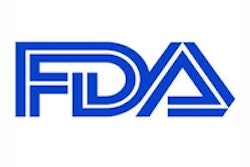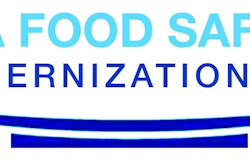
The U.S. Food and Drug Administration (FDA) has issued final guidance to the food industry to help growers, manufacturers and food service operators take steps to reduce levels of acrylamide in certain foods.
Acrylamide is a chemical that may form in certain foods during high-temperature cooking, such as frying, roasting and baking. The National Toxicology Program (an interagency program that evaluates possible health risks associated with exposure to certain chemicals) characterizes the substance as “reasonably anticipated to be a human carcinogen.” And efforts to reduce acrylamide levels are already underway in many sectors of the food industry.
To help mitigate potential human health risks, the FDA’s guidance recommends that companies be aware of the levels of acrylamide in the foods they produce and consider adopting approaches, if feasible, that reduce acrylamide in their products. The guidance also offers a range of steps that growers, manufacturers, and food service operators may take to help reduce acrylamide levels.
Through this guidance and various research activities, the FDA is helping companies reduce acrylamide and reduce any potential risks to human health. The focus of this non-binding guidance is on raw materials, processing practices, and ingredients pertaining to potato-based foods (such as french fries and potato chips), cereal-based foods (such as cookies, crackers, breakfast cereals and toasted bread), and coffee, all sources of acrylamide exposure. Background on the FDA’s efforts to understand and reduce acrylamide is available on the FDA.gov.
Because acrylamide is found primarily in potato-based foods, cereal-based foods, and coffee, the FDA’s best advice for consumers to help limit acrylamide intake is to adopt a healthy eating plan, consistent with the Dietary Guidelines for Americans, that:
- Emphasizes fruits, vegetables, whole grains, and fat-free or low-fat milk and milk products;
- Includes lean meats, poultry, fish, beans, eggs, and nuts; and
- Limits saturated fats, trans fats, cholesterol, salt (sodium) and added sugars.
Additional advice to consumers pertaining to acrylamide, including recommended food storage and preparation methods, is available on FDA.gov.



















